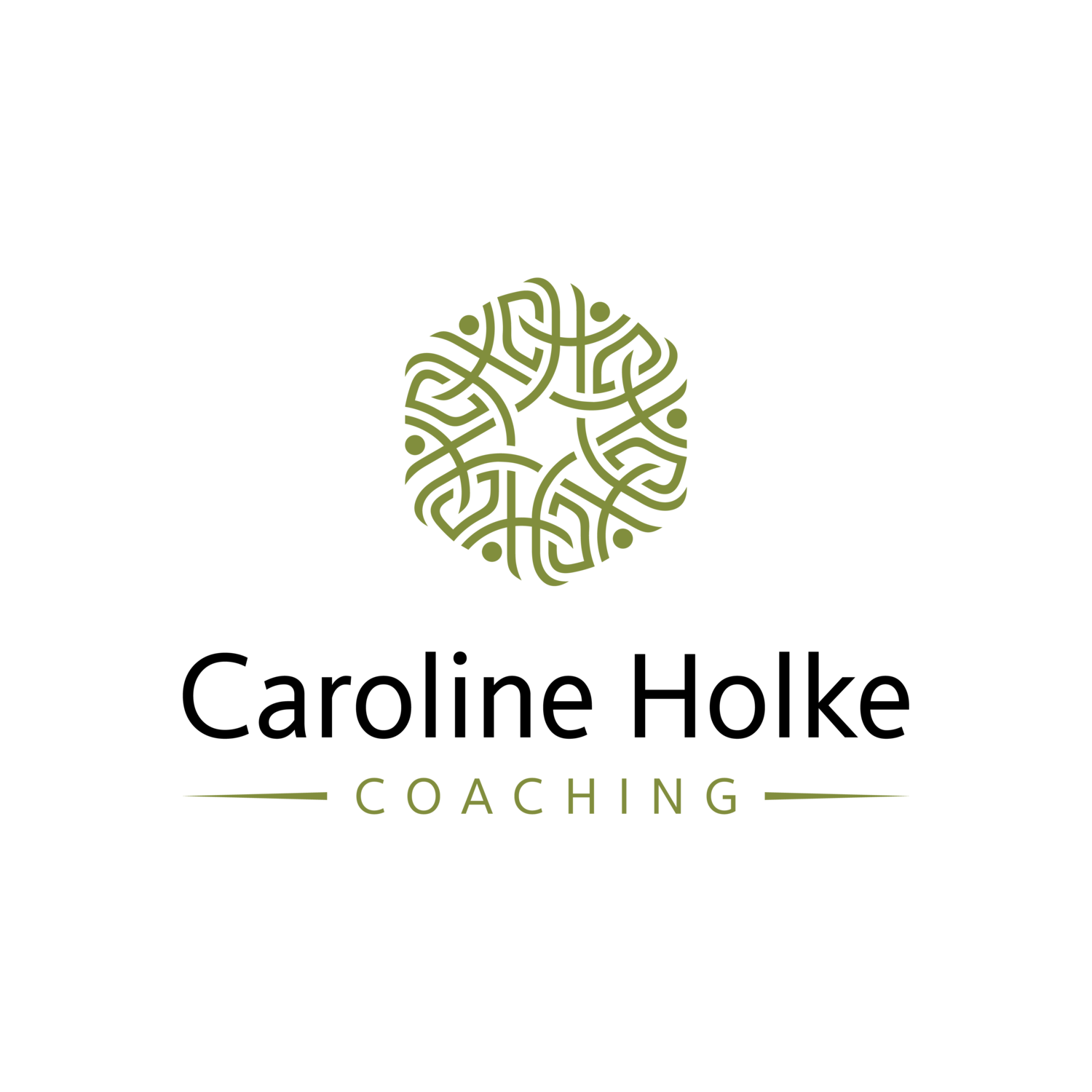Is the shortcut taking you where you want to go?
Shortcuts are great because they create efficiency and save time and energy. Imagine applying critical thinking to each of your 60k+ thoughts throughout each day. It would make your brain hurt.
I took my Junior year in Paris at a program with a French curriculum that included classes at the Sorbonne. I lived with a French family - who did not speak any English to me -- ever. I wanted this immersion experience, and it was amazing.
The only problem was I was woefully unprepared.
I had studied French in high school. And then decided it was superfluous in college since I would be going to France. I will never forget my first day at my French family's apartment. They had friends over for a welcome lunch for me. It literally made my brain hurt to follow what they were saying. It was such a relief when every now and then, I would pick up on a familiar phrase, but for the most part, I struggled. I remember going to bed at around 6 pm that first night. I was exhausted and wanted to hide and regroup.
Paris is always a good idea so obviously, everything worked out. I jumped off in the deep end and I figured out how to swim. I learned French in Paris, so my accent is Parisian. I love surprising native speakers when they hear Parisian French coming from this Midwestern. Could I have learned more if I had had a stronger foundation? Sure. But the lesson that I use thirty years later is that I can do hard things.
It is always easier to go down the familiar path of what we know. The rinse and repeat of doing what we have always done feels safe and comfortable. But sometimes it is important to take a step back and identify and question the shortcuts we have in our lives. Because while shortcuts may get us quickly from point A to point B, it is always up to us to decide if we really want to go to B.
Maybe you have decided that drinking every night to release stress isn't serving you. And you feel stuck because you can't imagine another way.
I work with women every day who have these same fears. Their self-trust has eroded from the many failed attempts to change. They nurse the buffer emotion of uncertainty because it feels better than disappointment.
Three things that you can do:
Reframe disappointment. Most of the time we are more afraid of self-recrimination than not making the mark. And that is 100% within our control. What would it be like for you to commit to not making mistakes mean anything about personal failings? Commit to supporting yourself with patience and grace as you learn this new skill.
Look for evidence of how you have done this in the past. Have you quit smoking? Or had stretches of time when you didn't drink more than you would like? Celebrate these wins. It might sound childish, but there are countless studies that support positive reinforcement playing an important role in habit change.
Let it be hard. The discomfort from change means that something is changing. This is a good thing.
At any given moment you have the choice to step forward into growth or step back into safety. What do you want to choose?
